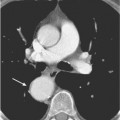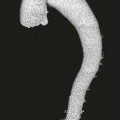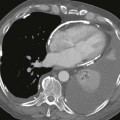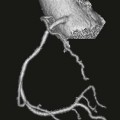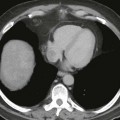
The world has become a lot more open, making it easier not just to travel but also to study and work outside your home country. While such opportunities can be the realization of personal aspirations, they also demand careful planning.
The world has become a lot more open, making it easier not just to travel but also to study and work outside your home country. While such opportunities can be the realization of personal aspirations, they also demand careful planning.
In this article, we’ll explore why students choose to study abroad and what benefits and challenges come with it.
Why Are More Students Choosing to Study Medicine Abroad?
There are many reasons, and they differ depending on where the student comes from—but the main ones are:
- a limited number of seats at domestic universities,
- high admission requirements,
- strong competition in the recruitment process.
Another factor is cost. It might come as a surprise, but studying medicine abroad—especially in the Caribbean—can actually be cheaper than in the U.S. And universities now offer programs in English and are well-prepared to support international students.
Key Benefits of Studying Medicine Overseas
Studying in an international environment is a great way to develop both interpersonal and language skills. Students learn to communicate within a medical context, which is a significant advantage in their future careers.
Moreover, many universities adopt a clinically oriented approach from the early years of study. This helps students better prepare for the medical career by combining theory with hands-on experience.
An additional benefit is the opportunity to complete internships and clinical placements in various countries. This gives students a broader view of how healthcare works.
Challenges You Might Face and How to Overcome Them
One of the most common challenges is the language barrier—even if the program is taught in English, daily life in a foreign country often requires knowledge of the local language.
Another issue might be adapting to a new educational environment. Differences in teaching methods can initially be challenging.
And being away from family and friends can also be tough.
The good news is that most of these challenges fade with time.
Immersing yourself in a country with a non-English language will expand your vocabulary. At university, you’ll adjust to the teaching style, and staying in touch online with loved ones and making new friends will help ease homesickness.
Accreditation, Licensing, and Returning Home to Practice
One of the key aspects of studying medicine abroad is ensuring that the degree will be recognized in the country where you plan to practice. Make sure the school is accredited by the right organizations, like the ECFMG—especially if you’re considering specializing in the U.S.
Every country has its method for validating foreign medical degrees. You may need to pass national exams or complete an internship adaptation. In some cases, completing at least a one-year clinical practice in that country may be mandatory before beginning an independent medical career.
Why Consider Caribbean Medical University (CMU) for Your Medical Education?
Caribbean Medical University (CMU) is quickly becoming a top choice for aspiring physicians. Nestled in Curaçao, CMU delivers a U.S.-based medical curriculum, a fully accredited MD program, and courses taught entirely in English.
With modern facilities, small class sizes, and a focus on practical skills, CMU ensures solid preparation for a medical career. Its partnerships with U.S. hospitals allow students to complete clinical rotations at respected institutions.
With modern facilities, small class sizes, and a focus on practical skills, CMU ensures solid preparation for a medical career. Its partnerships with U.S. hospitals allow students to complete clinical rotations at respected institutions.
Stay updated, free articles. Join our Telegram channel

Full access? Get Clinical Tree


